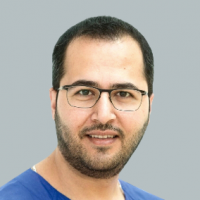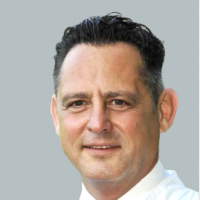In the search for specialists in urology you will find medical experts for therapy and surgical interventions in the area of the urine-producing and urine-discharging organs. You are suffering from prostate cancer, kidney stones, incontinence or erectile problems and need an experienced urologist? Here you will find selected urological specialists.
The urologist works with the diagnosis and therapy of diseases in all urine-producing and urine-discharging organs. This includes the kidneys, the ureter, the urinary bladder and the urethra. Urologists also cover the field of andrology and treat diseases of the male sexual organs such as the testis, epididymis, vas deferens, seminal vesicles, penis, and prostate. The most common diseases in urology include prostate cancer, urinary tract infections, urinary stones such as urinary calculi and renal calculi, bladder weakness, erectile dysfunctions and impotency, urinary bladder cancer and all forms of incontinence. Focal treatments in the field or urology include prostatectomy, cystectomy, ureteroscopy, renal calculus treatment, renal calculus treatment and the treatment of all forms of incontinence.
In addition to professional surgical knowledge, specialists in urology also have knowledge of diagnostic procedures, as well as disease-related pre- and post-diagnostic treatment. To become a urologist a physician must complete five years of postgraduate training.
Therapeutic range of services in urology
The therapeutic range of services of urology includes, among other things, androgen deprivation therapy (ADT), biopsy, chemolitholysis, chemotherapy, prostatectomy, radical prostatectomy, conventional prostatectomy, robot-assisted prostatectomy, suprapubic prostatectomy, perineal prostatectomy, endourology, ureteroscopy, urosonography, semi-rigid nephrolithopexy, transurethral resection (TUR of the prostate), conventional transurethral resection (TUR of the prostate, with laser, fluorescence-assisted transurethral resection (PDD), laser urethrotomy.















